Become a Fellow
Fellowships at FRIAS

Fellowships are temporary research stays at other institutions, allowing scholars to remain affiliated with their home universities while working intensively on specific projects in a community of like-minded peers. These opportunities serve to promote academic mobility, foster collaboration, and bring fresh perspectives into research. Fellowships are a vital part of the academic system, enabling researchers to exchange ideas, access new resources, and build networks that enrich their work and drive innovation.
At FRIAS, fellowships cater to various career stages, including Early Career Fellowships, Senior Fellowships, and Senior Fellowships for Researchers from Africa in the field of Sustainability. Fellowships can last between three and twelve months, with scholars choosing the duration that best fits their needs. Calls for applications are typically announced one year in advance, and selection is highly competitive.
FRIAS emphasizes interdisciplinary and international collaboration, offering an environment where scholars from around the world come together to FRIAS emphasizes interdisciplinary and international collaboration, offering an environment where scholars from around the world come together in a productive and dynamic intellectual setting.
Beyond fellowships, FRIAS supports interdisciplinary research groups and Young Academies. These programs allow researchers to continue their work at their home institutions while participating in collaborative projects at FRIAS, fostering long-term academic partnerships.
Six reasons to become a FRIAS Fellow
Intrigued? Learn more about FRIAS
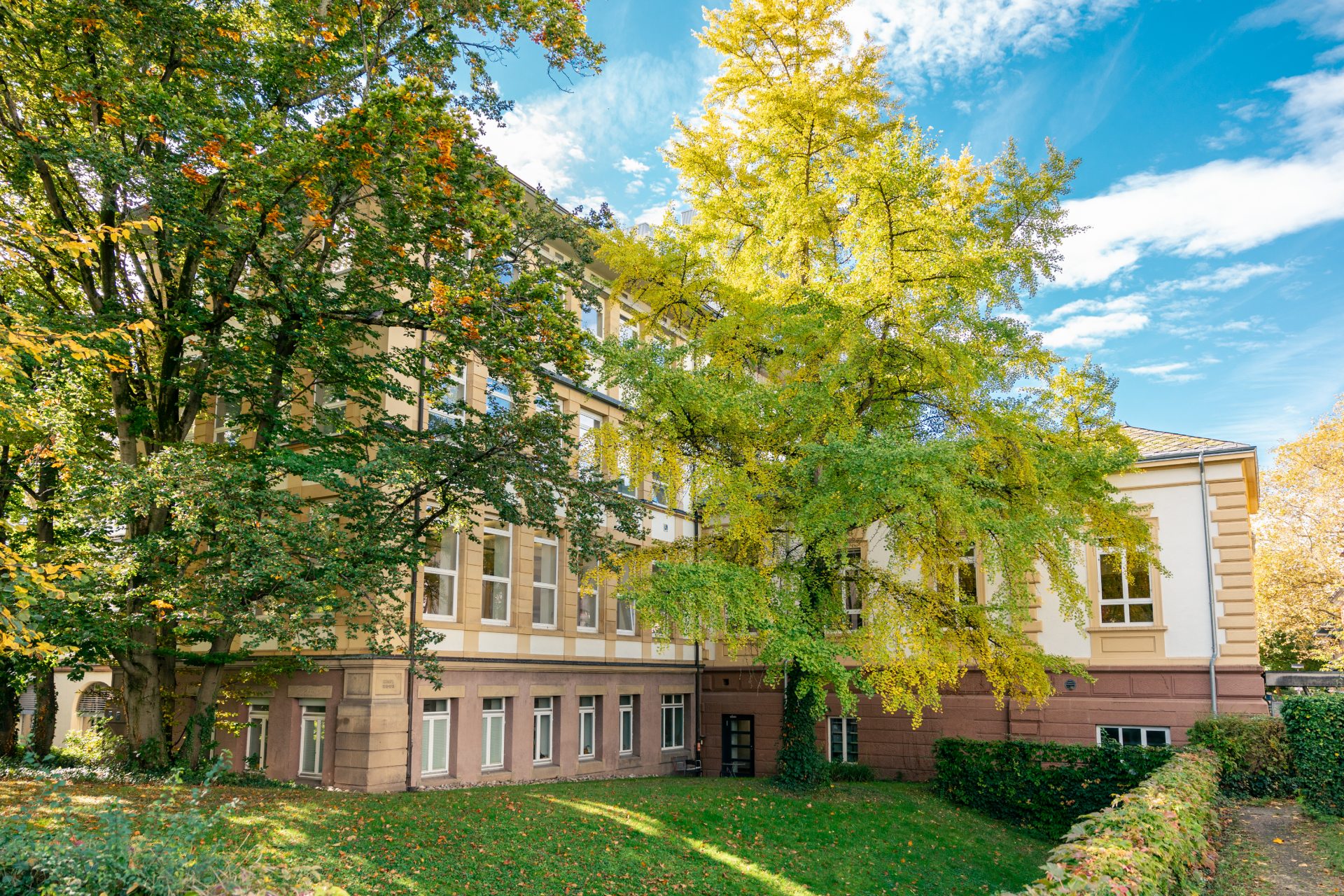
Who we are

Funding Finder
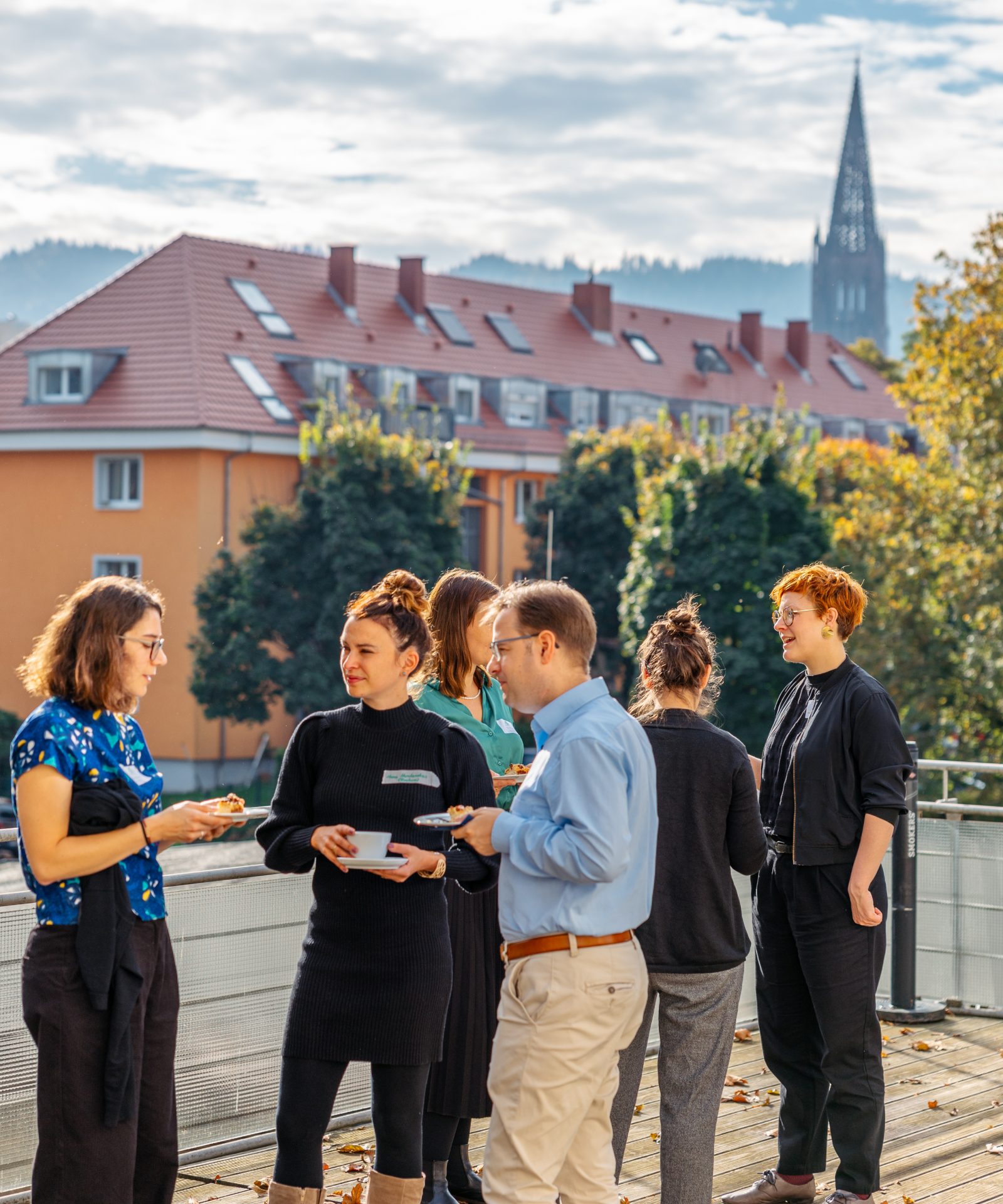
Life at FRIAS

Get in touch
Alumni Voices
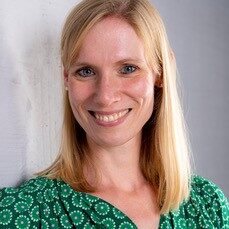
I have been at FRIAS for years. I have organized many workshops there and have always received questions about my project, which I would not have thought of myself. I had to ask myself repeatedly: have I explained it well enough? Could I explain it differently? The feedback helped me enormously to keep working out new aspects of my listology. This freedom encouraged me to apply for an ERC Starting Grant, which I was happy to receive.
Prof. Dr. Eva von Contzen
Professor of English Literature at the University of Freiburg, Fellow 2013-14, Speaker of Projectgroup “Rethinking the Middle Ages”
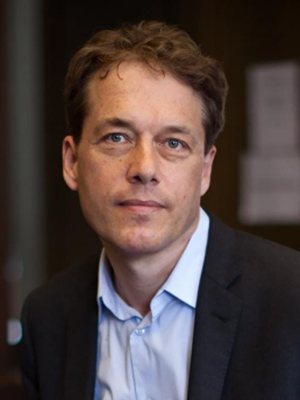
I have a long-standing connection with FRIAS, having been a Fellow and always gladly returning in the Almuni Programme. I greatly value the interdisciplinary exchange, which is especially enriching for me as a historian. The opportunity to engage with historians of global renown, particularly within Jürgen Osterhammel’s projects, has been remarkable. I also deeply appreciate the flexible and unbureaucratic support that creates an ideal environment for focused research.
Prof. Dr. Sven Beckert
Laird Bell Professor of History an der Harvard University (repeatedly Fellow at FRIAS, including as a Marie S. Curie FCFP Fellow January to July 2019)
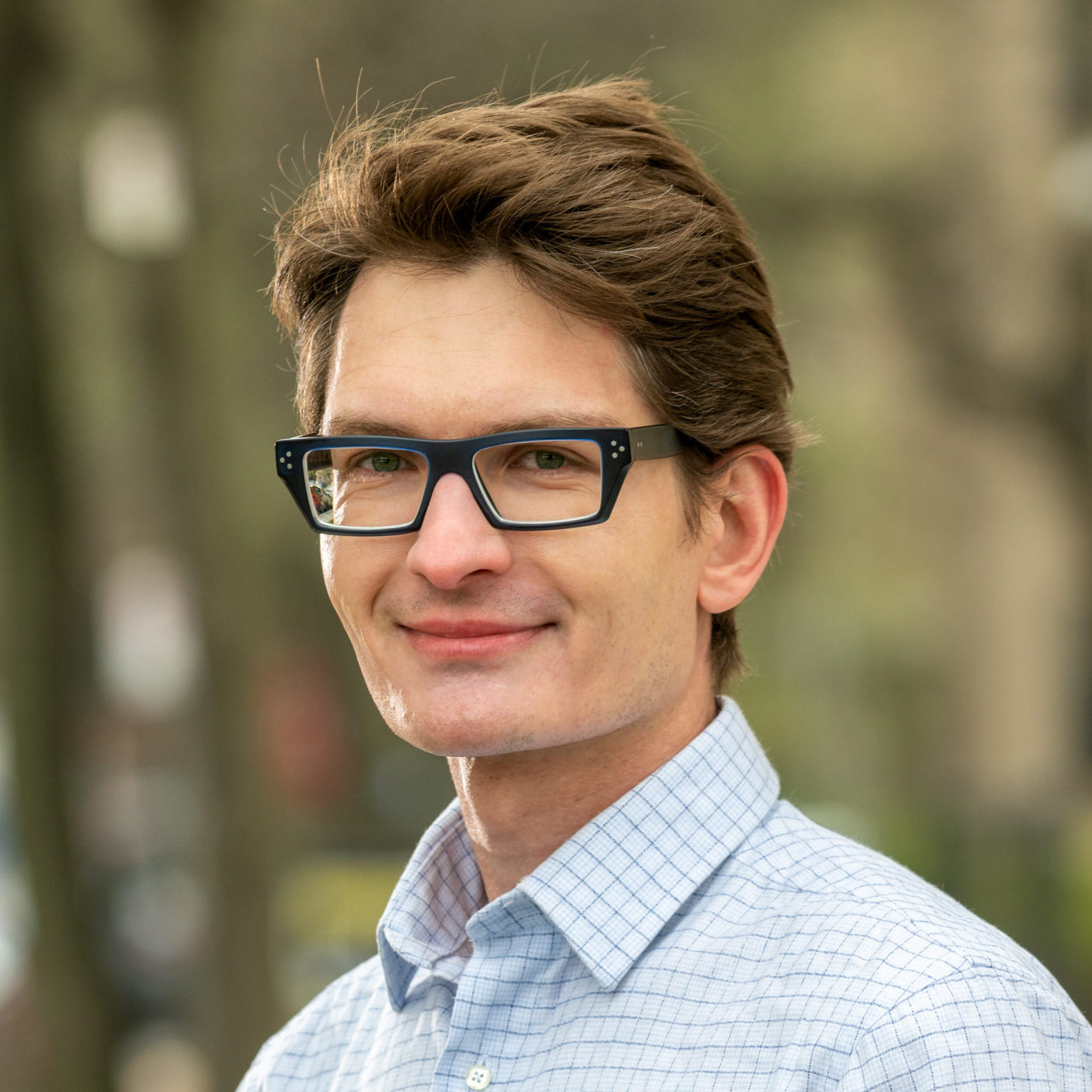
What’s remarkable about FRIAS is the interdisciplinary environment it fosters. I’ve always had deep and significant interests beyond my own field, but often found it challenging to engage with researchers outside my department in other university settings. Here at FRIAS the atmosphere is different. It embodies what I believe a university should be: a place where scholars from diverse disciplines converge and collaborate. Interacting with philosophers, historians, writers, and academics from various fields has been tremendously enriching.
Dr. Daniel Duzdevich
Assistant Research Professor in the Department of Chemistry at the University of Chicago, Fellow 2023-24 (Marie S. Curie FCFP funding program).

What I appreciated most about FRIAS was the absolute freedom and trust to pursue my research interests, along with the experience of being constantly exposed to entirely new ideas and knowledge from colleagues from very different disciplines—it was both inspiring and refreshing in the best possible way.”